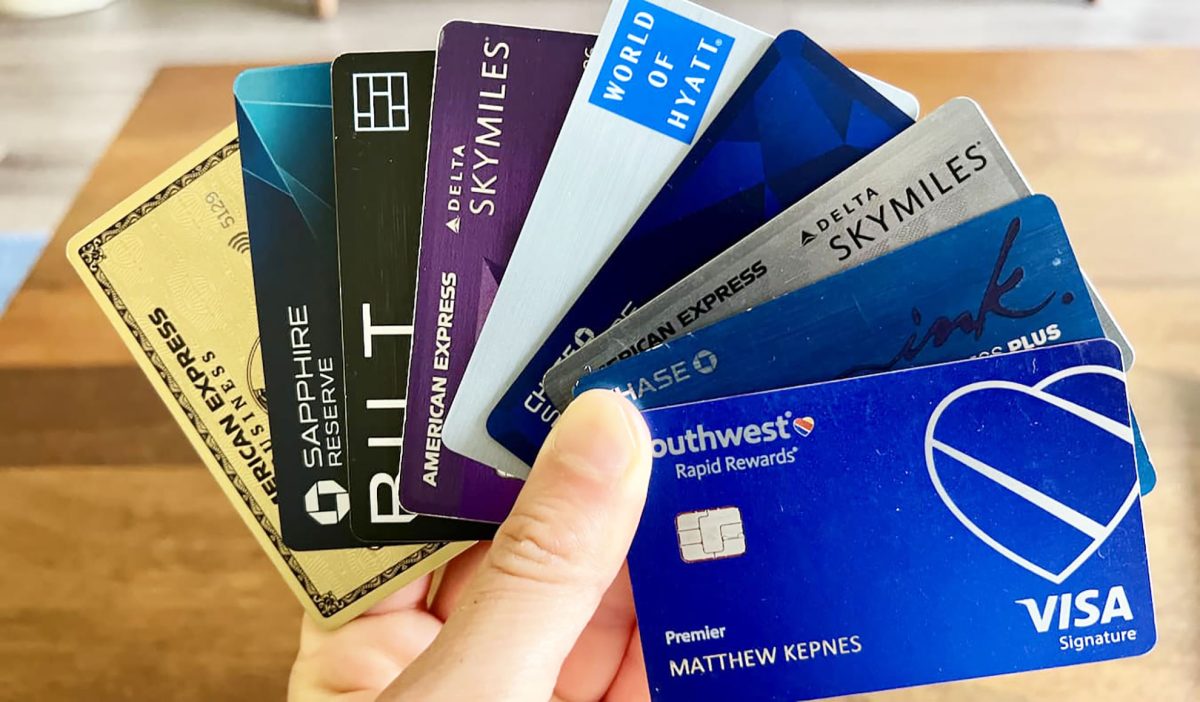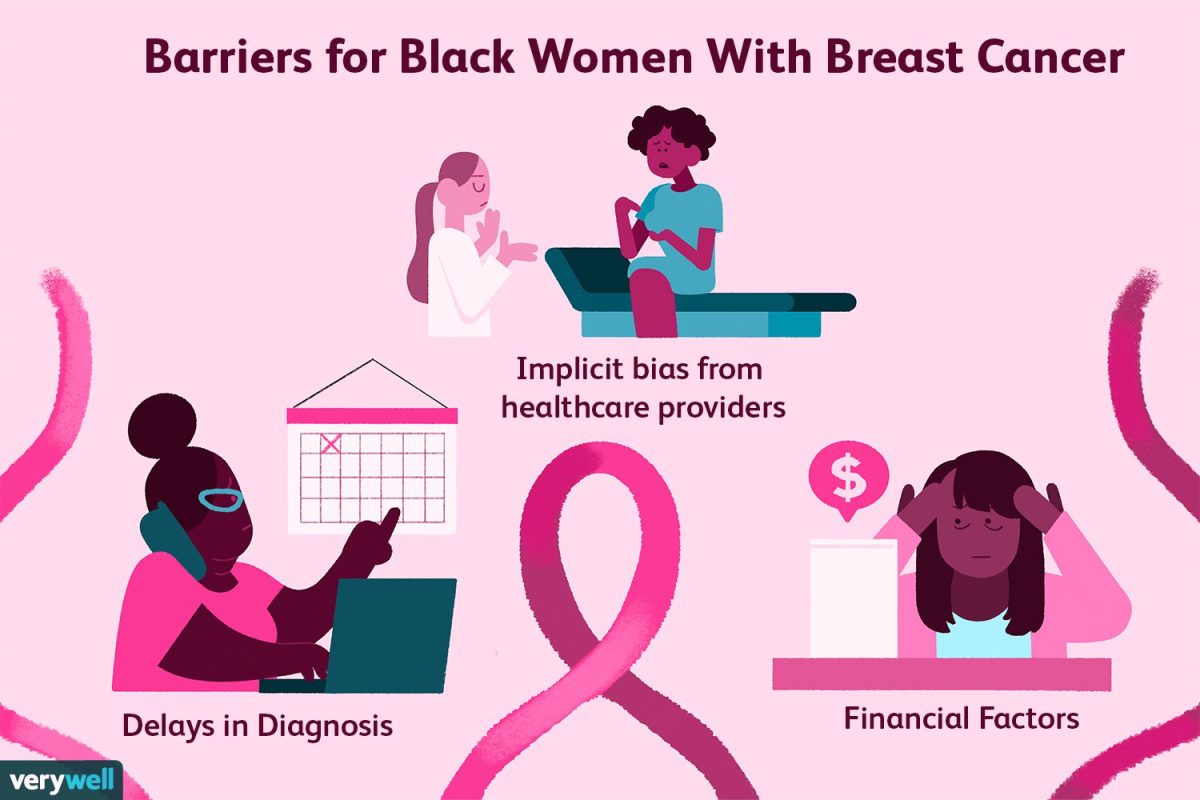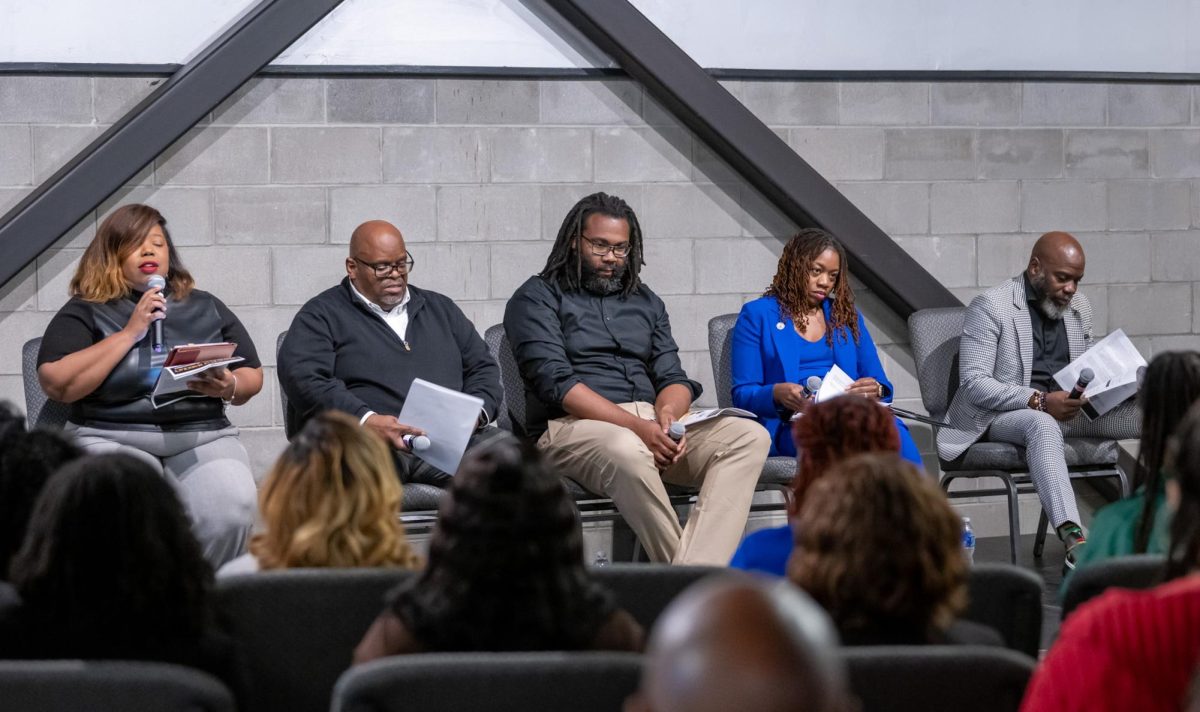College is a great time to learn how to manage finances and build habits that will help set the stage for financial success in the future. With more clarity on spending and saving habits, students can work toward larger goals, such as paying off student loan debt, traveling, and saving money for future milestones like moving to a new city after college.
While the main focus is, of course, getting a quality education, college also provides a great opportunity to develop the money skills students will need after graduation. Making smart choices about money now will assist students to set up a solid financial foundation for the future. That means building a foundation of financial literacy now.
Before coming to college, many students have never had to account for how their money is spent or required to budget. Some students who attend Alabama State University expressed how they have adjusted to managing their own finances now that they are in college.
Madison Stonewall, a sophomore, biology pre-health major, explained how she budgets her money.
“I delegate my money by basically putting my savings aside first for my needs,” Stonewall said. “Anything else is for my wants and random stuff.”
Other students found this financial adjustment to be easy, while others seemed to simply adapt to this financial change.
T’Kai Jarrett, a sophomore, majoring in rehabilitation services, said saving comes natural for him.
“Managing and saving money is honestly pretty easy.” Jarett said, “It’s just harder to account for unexpected events like parties and things like that.”
He added, “You’ll spend $10 on a ticket and then $5 to get into another event.” Other than that, it isn’t hard.”
Trevon Connor, a senior majoring in finance, believes that his major area of study (finance) assisted him in understanding how to manage his money.
“In terms of finances, I feel very confident, especially because I’m studying finance and raising capital,” Conner said. “So I would consider myself pretty well versed for a college student.”
Blake Davis, a junior accounting major, said his major has also assisted him in financial understanding.
“It’s always been easy for me,” he said. “I am really good with numbers and stuff like that. It’s never really been a problem. I feel like they could teach a little bit more in our finance classes regarding how to handle money, personally.”
Not all students found it easy to manage their money on their own.
Jaleeyah Davis, a sophomore social work major, is one of those students.
“I found managing money to be kinda hard once I got to college,” Davis said. “It’s hard not to spend the money once you get it, and you run out fast. Once the money is placed in your account, and now you have money to go out, get something to eat, grab something from Walmart, and before you know it, you blew it all in a weekend.”
Fred Ross, a junior majoring in art, agrees.
“College is a lot of budgeting,” Ross said. “When you have too much planned, you end up in bad shape, so being a college student I don’t think you ever really are able to budget your money after parties, food, and extracurricular activities”.
If students want to get on the right track and ensure that they leave college in good financial shape, Anna Klawitter recommends 10 money management tips for college students.
- Set a budget. Learning how to budget and setting financial goals as a college student is important. The idea of mapping out a budget may seem overwhelming at first. Who has the energy to sit down and plan out the finer points of their financial situation after a long day of classes, exams, and other obligations? – but it can actually be fairly easy to do. A college budget is a very powerful tool in personal finance. When a student creates a budget and tracks his or her spending habits, you have insight into where your monthly income is going and where you need to cut back. Living on a budget doesn’t mean you can never have any fun, it means the fun you do have won’t prevent you from paying the bills.
- Track your expenses. The easiest way to stay on top of your finances is to track where your money is going. Regularly take a look at what you have been spending your money on and see where you can make cuts or spend more effectively. You might not realize how much your small, daily purchases add up to until you take a look at your income and expenses. Creating a budget is one thing; sticking to it can be more complicated. The next step is to track your expenses through an app like MINT on your phone, or even on paper, to determine if they match with your real-world experience or require fine-tuning. Tracking expenses by date is also key. For example, if you’ve budgeted $120 for your monthly food budget but use it up in two weeks, you know you’ll need to make adjustments. Another reason to check on your expenses-you can catch fraudulent charges to your account early and contact your bank to reverse them.
- Open a savings account. Lots of people struggle with this, so it’s important to start developing this habit early. It is tempting to spend your money first and then save whatever is leftover, but you will end up limiting how much you save this way. Instead, pay your bills first, contribute to your savings, and then use a little on yourself. In the words of Warren Buffet, “Do not save what is left over after spending, but spend what is left over after saving.”
- Start building your credit score. Your credit score will factor into everything, from renting an apartment to buying a car to purchasing your first home. There are many ways to try to build your credit. If you have student loans or financial aid, consider making small payments of $25-50 while you are still in school to pay down interest and have some positive repayment history on record. The two best ways to build credit are to make payments on time and to borrow only what you need. You can also check your credit report for free at Credit Karma. Learning about the factors that influence your credit report and FICO score and what you can do to improve your score are essential steps toward controlling your financial future. Also, be careful with credit card debt. Many, many college students have ruined their credit by taking easy money from credit cards and digging themselves into a debt hole they cannot get out of.
- Cook on a budget. A food budget is a fact of life for adults. No matter who you are, you have to eat and eat regularly. But there are also many different ways to go about feeding yourself, and the decisions you make have a huge impact on your bottom line. Learning how to cook on a budget is an art and a skill that you can rely on for the rest of your life. Finding out how to make foods you like to eat that do not break the bank is a balancing act that can also be a fun experience at the same time. If you put a few simple, delicious dinner recipes in your cooking arsenal, you’ll find it much easier to save money in the future by pulling together a low-cost meal at home instead of relying on expensive take-out or unhealthy fast food for a quick bite at the end of the day.
- Create an emergency fund. Having a financial safety net is an essential part of being independent. In order to prepare for emergencies and avoid unexpected debt, getting in the habit of always setting aside a part of your paycheck-10% is a good benchmark is a mental trick that makes it easier to save. Work on saving up an emergency fund. Whether it’s an essential car repair, a pet illness, or something more major, everyone needs a chunk of change saved up when large variable expenses arise, which they inevitably will. Depending only on credit to get you through an emergency will cost you in interest and fees.
- Have a debt payoff plan. According to The Institute for College Access and Success, two out of three graduates in 2018 had student debt. Once you finish school and the grace period is up, you’ll have to start making student loan payments. It may seem jarring to go from paying nothing to paying several hundred dollars a month. If you look at your total projected debt, repayment plans, and interest, you can create a long-term debt payoff plan that puts you in a good place after you graduate. If you did end up racking a lot of student loans, personal loans, or credit card debt, you need a plan of attack. There are a couple of ways you can go about paying down debt, but you should ultimately pick whichever method keeps you motivated. In order to create a solid financial future, you need to attack your debt head-on as early as possible.
- Start investing now. The sooner you start investing, the more time your money will have to build interest. You’ll also have to invest less money to reach your retirement goals if you start at an early age. Investing is a lot simpler than you think. You can open an account online with a minimal amount of money and schedule withdrawals from your bank account to your investment account each month. Whether it’s opening an IRA or investing in the S&P 500, do your research before deciding on one.
- Test out financial planning apps and resources. There’s a lot more to managing money on your phone than just your bank’s app. Nowadays, there are a myriad of different budgeting websites like Mint and you need a budget that help frame your finances in ways that make it easier to save. Try out a few and just see how they work. They may not be the ones you want to use long-term, but understanding how each app works can help you to sort through different techniques for managing your money to find the one that’s best for you. When it comes to financial literacy, your work is never done. Like everything else in the world, the money world is ever-evolving and constantly rebranding.
- Get a part-time job. There are many advantages to working while you are in college. It looks great when you begin to apply for jobs, especially if you can find work in your field. Finding a good college job will make it easier to manage your money and gain work experience while in school. You might even benefit from tuition assistance and other employee benefits offered by your company. Plus, the more money you put toward tuition, the less you have to borrow, which will save you in the long run. If you choose to work only during summers, make the most of your summer job. Consider picking up extra shifts in order to stash a little extra away. You might also take an internship-if it’s a paid one, you’ll combine an income with real-world experience. You might opt to work full-time and go to school part-time to avoid going into debt. While it makes for a very full schedule, this work experience can help you as you plan your transition from school to the workplace.



















